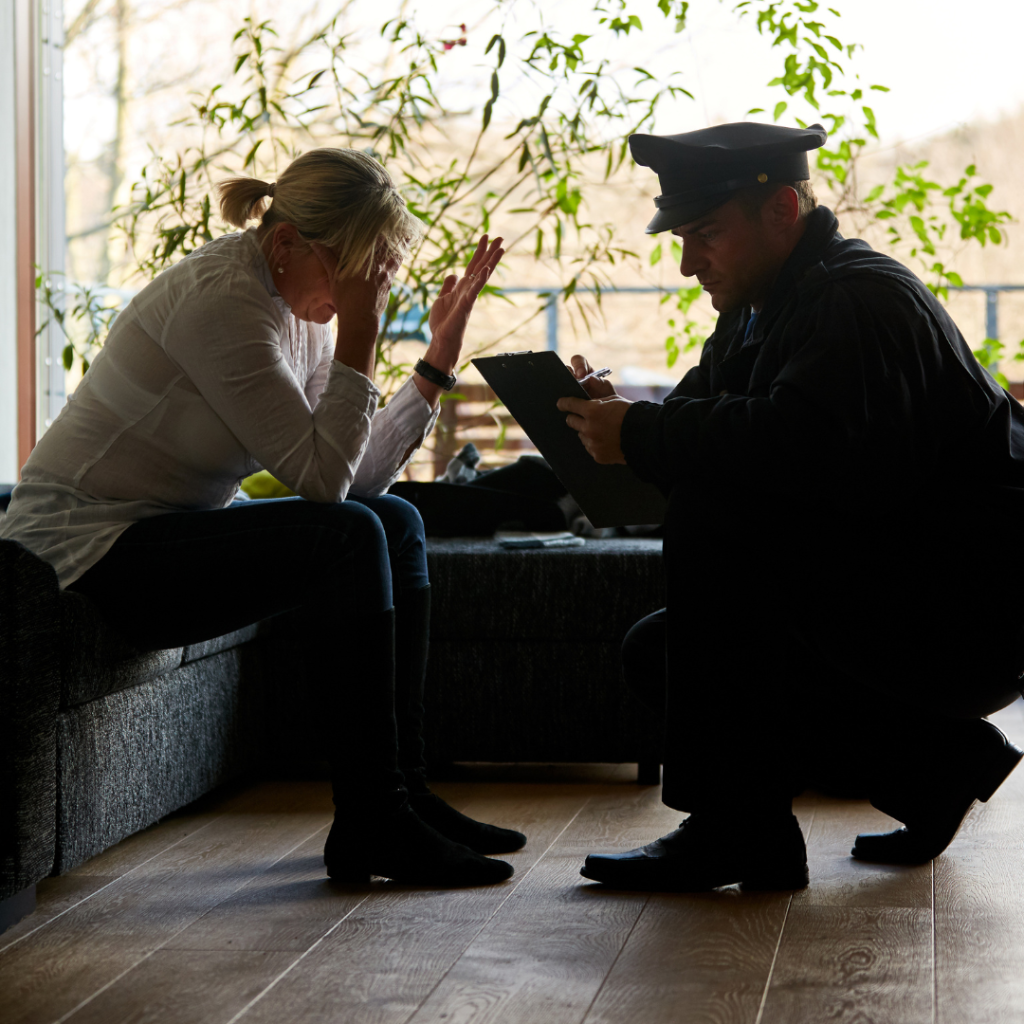In Massachusetts, a protective order, commonly referred to as a restraining order, is a legal directive issued by a court to protect individuals from harm or harassment by prohibiting the named person from contacting or coming near you. It’s often used in cases of domestic violence, stalking, or assault. Types include emergency, temporary, and permanent orders, varying in duration and conditions. The order can enforce no-contact rules, establish custody arrangements, or mandate vacating shared residences. Violating a protective order can result in criminal charges.
Types of Protective Orders
Massachusetts courts issue different types of protective orders, tailored to the specific needs and situations of individuals seeking protection. These include the Abuse Prevention Order under Massachusetts General Laws Chapter 209A for instances of domestic violence, and the Harassment Prevention Order under Chapter 258E for cases of criminal harassment, stalking, or sexual assault. Understanding the distinctions and applicable circumstances is the first step toward securing your safety.
Abuse Prevention Orders
Abuse Prevention Orders are designed for those experiencing violence or threats from a household member, family member, or someone with whom they have had a romantic relationship. These orders can include provisions like:
- no-contact directives,
- temporary custody arrangements, and
- orders to vacate the shared residence.
Harassment Prevention Orders
Harassment Prevention Orders aim to protect individuals from serious alarm or distress caused by willful and malicious acts, including:g
- harassment,
- stalking, or
- sexual assault,
by someone with whom they do not share a close personal relationship. This type is crucial for victims facing threats from acquaintances, neighbors, or strangers.
Navigating the Court System
Filing for a protective order involves navigating Massachusetts’ court system, which includes the Probate and Family Court, District Court, and Superior Court. The choice of court often depends on your relationship with the abuser and the nature of the abuse.
The Application Process
The process begins with filing a written petition, providing detailed instances of the abuse or harassment, and may include requesting an emergency or ex parte order for immediate protection. This initial step is critical, and seeking legal advice can ensure that your application accurately conveys the urgency and seriousness of your situation.
Temporary Restraining Orders
After filing, the court may issue a temporary order, providing immediate protection until a full court hearing can be held. The Temporary Order will be in place for 10 business days. On that 10th business day you need to go back to court if you want the Order extended. You will then have a hearing where both you and your abuser/harasser can address the court.
2-Party Hearing
It can be very upsetting having a hearing where your abuser/harasser is present. Try to stay calm. Make sure you bring all the evidence and any witnesses you want the judge to hear from. Explain to the judge why you need a Restraining Order.
If the judge is convinced, your Temporary Restraining Order can be extended for up to one year. Make sure you get a copy of the Order before you leave the courthouse. Keep it on you in case there is a violation of the Order. That way you can show it to the police.
Legal Implications
and Enforcement
Violating a protective order is a criminal offense in Massachusetts, carrying serious consequences such as:
- criminal charges,
- a mark on the perpetrator’s criminal record, and
- jail time.
Law enforcement officers are empowered to arrest violators based on probable cause, emphasizing the legal weight of these orders.
The Role of the
Police Department
Upon issuance, a protective order is entered into the statewide domestic violence record-keeping system, accessible by police departments across Massachusetts. This ensures that law enforcement can swiftly enforce the terms of the order, providing victims with an added layer of security.
Additional Protections
and Resources
Protective orders can also address financial matters, such as ordering the abuser to pay for:
- medical expenses,
- property damage, or
- child support.
Massachusetts law recognizes the economic impact of abuse and offers these provisions to alleviate some of the victim’s burdens.
Seeking Affordable
Legal Assistance
While the process of obtaining a protective order can be handled alone, consulting with an attorney can provide invaluable guidance. Legal professionals can help draft petitions, gather evidence, and represent you in court, increasing the chances of securing the protection you need.
At Afford Law our mission is to provide experienced legal help you can afford. That’s why we offer a sliding scale to our clients. Our fees are based on your income. The less you earn, the less you pay. We want to make ourselves as affordable as possible for as many people as possible.
Confronting Challenges
and Misconceptions
It’s not uncommon to face challenges or misconceptions when seeking a protective order. Concerns about:
- provoking further abuse,
- dealing with false accusations, or
- navigating the court system can be challenging.
However, with the right legal advice and support, these obstacles can be overcome, paving the way for a safer future.
Empowerment Through
Legal Protection
Securing a protective order in Massachusetts is a critical step toward protecting yourself and your loved ones from further harm. Understanding the types of orders available, the legal process involved, and the protections they offer can empower you to take decisive action against your abuser. Remember, you’re not alone—legal resources and support networks are available to guide you every step of the way.
Help Getting a Restraining Order in Massachusetts
If you’d like help getting a Restraining Order without paying an expensive attorney, we can help. With our Legal Coaching we can walk you through every step to make sure you’re ready for your hearing. The first thing to do is see if you qualify for a Massachusetts Restraining Order. Click on the link below to see if you qualify for either type of Restraining Order.
Legal Disclaimer
This article is intended for informational purposes only and does not constitute legal advice. Please consult with an attorney to discuss your specific circumstances and receive tailored guidance.

I have been practicing law in Massachusetts since 1995. My focus is in the areas of criminal and family law. I’m dedicated to providing high-quality legal help at an affordable price. I practice throughout Massachusetts. I earned my MBA from the University of Rhode Island in 2023. I earned my JD from New England School of Law in 1994. I earned my BA from Rhode Island College in 1990.


